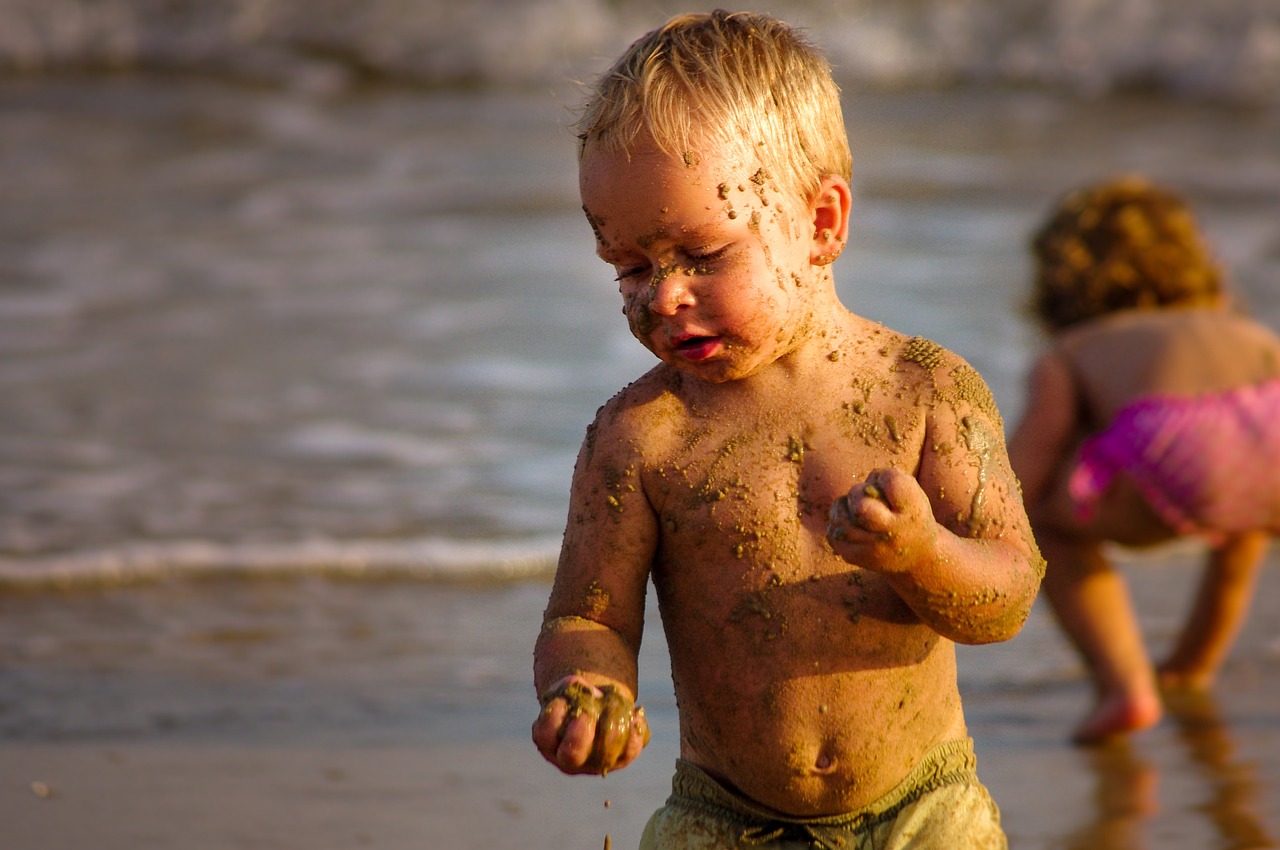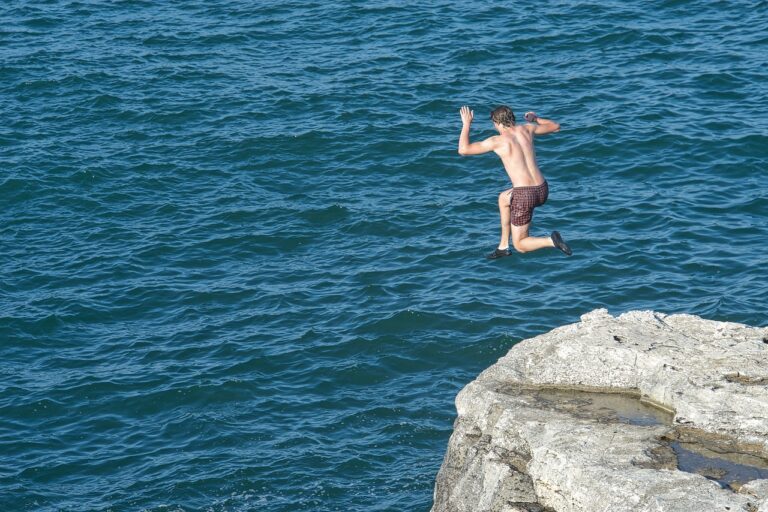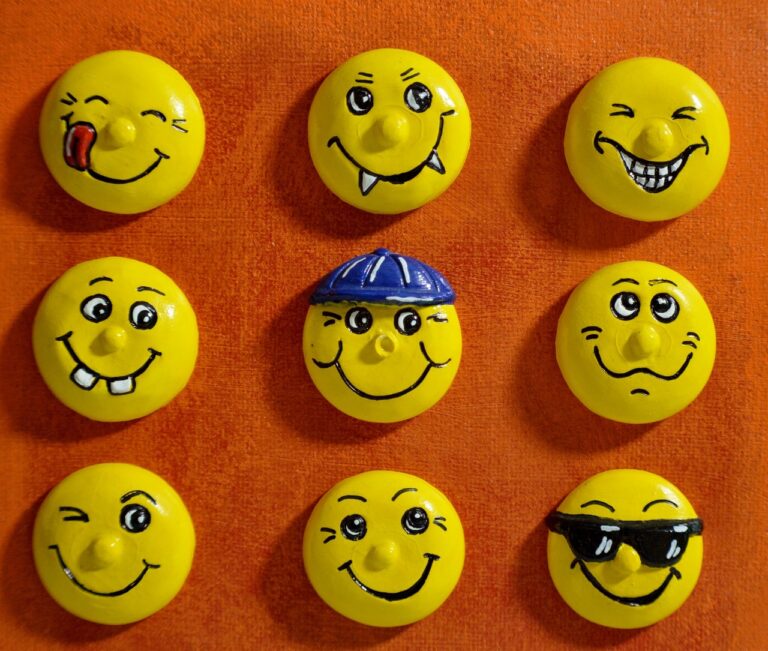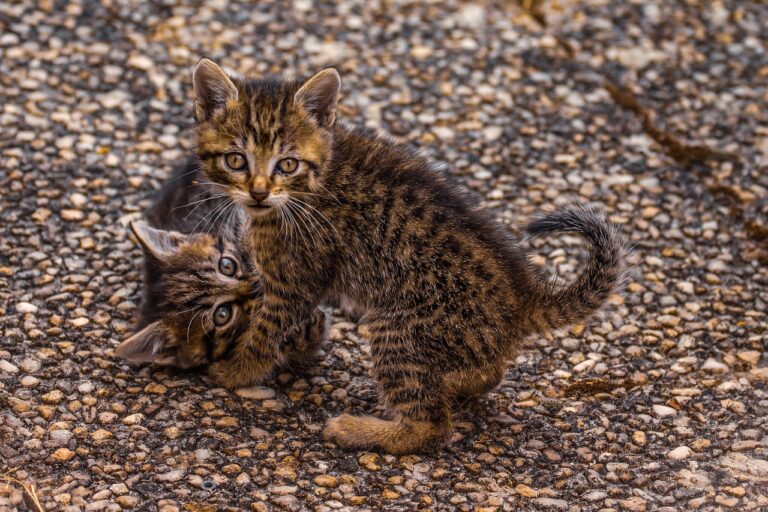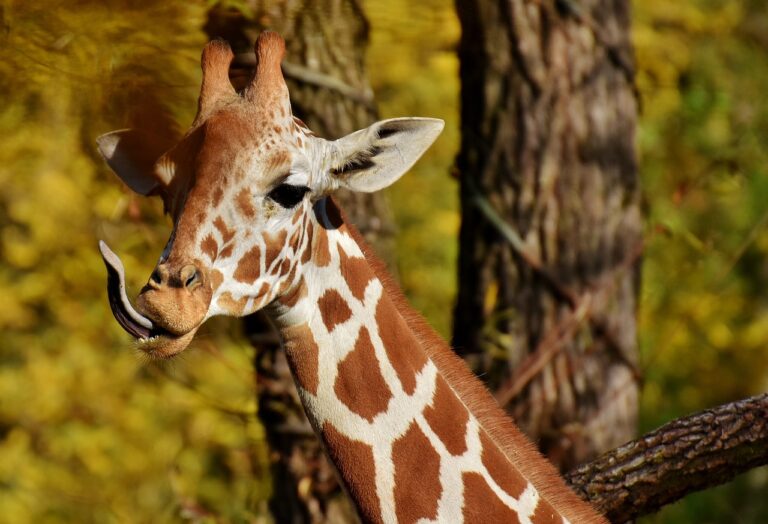The Role of TV Production Makeup and Hair Stylists
world777, 11xplay pro, betbook247 app login:TV production makeup and hair stylists play a crucial role in bringing characters to life on the small screen. From ensuring actors look their best to creating the perfect look for a specific time period or genre, these talented professionals are an essential part of any television production. In this article, we will explore the role of TV production makeup and hair stylists and the important contribution they make to the overall success of a show.
The Importance of Makeup and Hair Stylists in TV Production
Makeup and hair stylists are responsible for creating the visual appearance of the characters in a television show. They work closely with the costume designers and directors to ensure that each character’s look is consistent and appropriate for the storyline.
One of the key responsibilities of a makeup artist is to make sure that actors look their best on camera. This can involve concealing blemishes, highlighting features, and contouring to create a specific look. Makeup artists also work with actors to create special effects makeup for scenes that require it.
Hair stylists are responsible for creating and maintaining the hairstyles of the actors. They work with the costume designers and makeup artists to ensure that each character’s hair complements their overall look. Hair stylists may also be responsible for creating period-appropriate hairstyles or hairstyles that reflect a character’s personality.
Overall, makeup and hair stylists play a critical role in helping to create the visual world of a television show. Without their expertise, characters would not look as polished or realistic on screen.
The Different Types of Makeup and Hair Stylists in TV Production
There are several different types of makeup and hair stylists that work in television production. Some of the most common roles include:
1. Key Makeup Artist: The key makeup artist is responsible for overseeing the makeup department and creating the overall look for the show. They work closely with the director and costume designer to ensure that each character’s makeup complements their costume and personality.
2. Special Effects Makeup Artist: Special effects makeup artists are responsible for creating realistic injuries, wounds, or other effects that cannot be achieved with traditional makeup techniques. They use prosthetics, latex, and other materials to create these effects.
3. Hair Stylist: Hair stylists are responsible for creating and maintaining the hairstyles of the actors. They work closely with the costume designer and makeup artist to ensure that each character’s hair complements their overall look.
4. Makeup Assistant: Makeup assistants support the key makeup artist in creating the overall look for the show. They may be responsible for applying makeup to extras or assisting with touch-ups on set.
The Collaboration Between Makeup and Hair Stylists in TV Production
Makeup and hair stylists often work closely together to create the overall look for a television show. They collaborate with the costume designer, director, and actors to ensure that each character’s appearance is consistent and appropriate for the storyline.
For example, if a character is supposed to have a messy hairstyle, the hair stylist may work with the makeup artist to create a slightly disheveled makeup look to match. Similarly, if a character is supposed to have a glamorous appearance, the makeup artist and hair stylist may work together to create a polished and sophisticated look.
The collaboration between makeup and hair stylists is essential to creating a cohesive visual world for a television show. By working together, these talented professionals can ensure that each character looks their best on screen.
FAQs
1. What qualifications are needed to become a makeup or hair stylist in TV production?
To become a makeup or hair stylist in TV production, most professionals start by attending cosmetology school or a makeup artistry program. Many makeup and hair stylists also have previous experience working in the industry before transitioning to television production.
2. How do makeup and hair stylists stay up-to-date on the latest trends and techniques?
Makeup and hair stylists often attend workshops, classes, and trade shows to stay current on the latest trends and techniques in the industry. Many professionals also follow beauty influencers on social media and read industry publications to stay informed.
3. How do makeup and hair stylists prepare for a television production?
Before a television production begins, makeup and hair stylists will meet with the director, costume designer, and actors to discuss the overall look for the show. They may create mood boards, sketches, or prototypes to ensure that everyone is on the same page.
4. What is the biggest challenge makeup and hair stylists face in TV production?
One of the biggest challenges makeup and hair stylists face in TV production is creating looks that are long-lasting and camera-ready. Actors may be on set for hours at a time, so makeup and hair stylists must use products that will hold up under the hot lights and constant movement.
5. How do makeup and hair stylists work with actors who have allergies or sensitivities to certain products?
Makeup and hair stylists are trained to work with actors who have allergies or sensitivities to certain products. They will often perform patch tests prior to using any new products and will have alternative options available for actors with specific needs.
6. How can aspiring makeup and hair stylists break into the TV production industry?
Aspiring makeup and hair stylists can break into the TV production industry by networking with industry professionals, attending industry events, and gaining experience through internships or assistant positions. Building a strong portfolio of work is also essential for showcasing talent to potential employers.
In conclusion, makeup and hair stylists play a vital role in bringing characters to life on the small screen. Their creativity, attention to detail, and collaboration skills are essential to creating the visual world of a television show. Whether creating a natural everyday look or designing intricate special effects makeup, makeup and hair stylists are an indispensable part of the TV production team.

